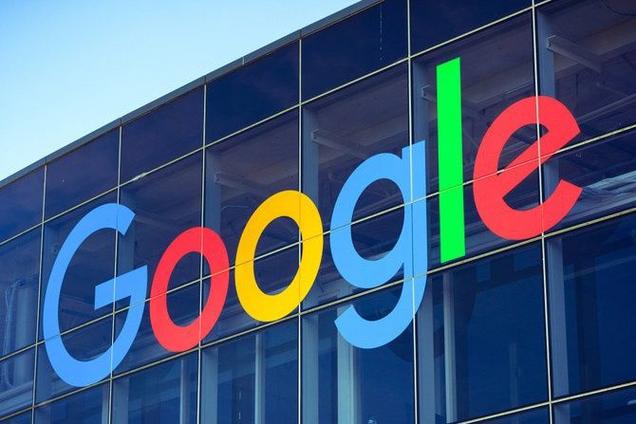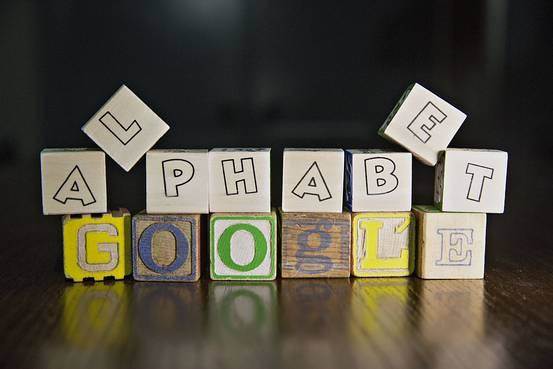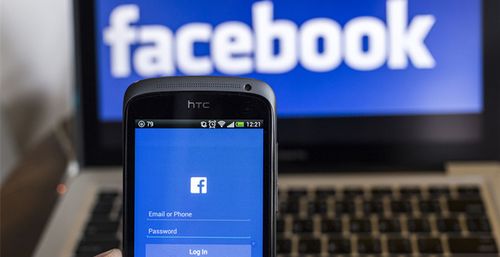Google Introduces AI Tool for Light Therapy Guidance
(Google launches “AI light therapy suggestions”)
MOUNTAIN VIEW, Calif. – Google announced a new feature today. This feature gives personalized suggestions for light therapy. It uses artificial intelligence. The tool is called “AI Light Therapy Suggestions.” It aims to help people manage seasonal mood changes. It also targets sleep issues linked to light exposure.
The feature works within the Google Health app. Users input basic health information. The AI analyzes this data. It also considers the user’s local sunrise times. The AI then creates a daily light exposure plan. The plan recommends specific times to seek natural light. It also suggests times to use light therapy lamps. The goal is to better regulate the body’s internal clock.
Dr. Elena Rodriguez leads health product development at Google. She explained the need. “Many people struggle with low energy during darker months. Our bodies need the right light cues. This tool makes getting those cues simpler. It uses AI to personalize the timing. This is key for effectiveness.” Rodriguez emphasized the tool provides guidance only. It is not a medical device.
The suggestions focus on morning light exposure primarily. Morning light helps signal wakefulness to the brain. The AI adjusts recommendations based on user feedback. If someone reports feeling more alert, the plan might continue. If not, the AI might adjust the suggested timing. The feature considers local weather forecasts too. It can suggest alternatives for cloudy days.
Google developed this with input from sleep researchers. Light therapy is a recognized approach for certain conditions. The company stresses this tool supports existing treatments. It does not replace professional medical advice. Users should consult doctors for diagnosed conditions.
(Google launches “AI light therapy suggestions”)
The “AI Light Therapy Suggestions” feature is available now. It is rolling out globally. Users need the latest Google Health app update. The feature is free to use. Google plans to refine the AI based on real-world usage data. User privacy settings control health data sharing.


